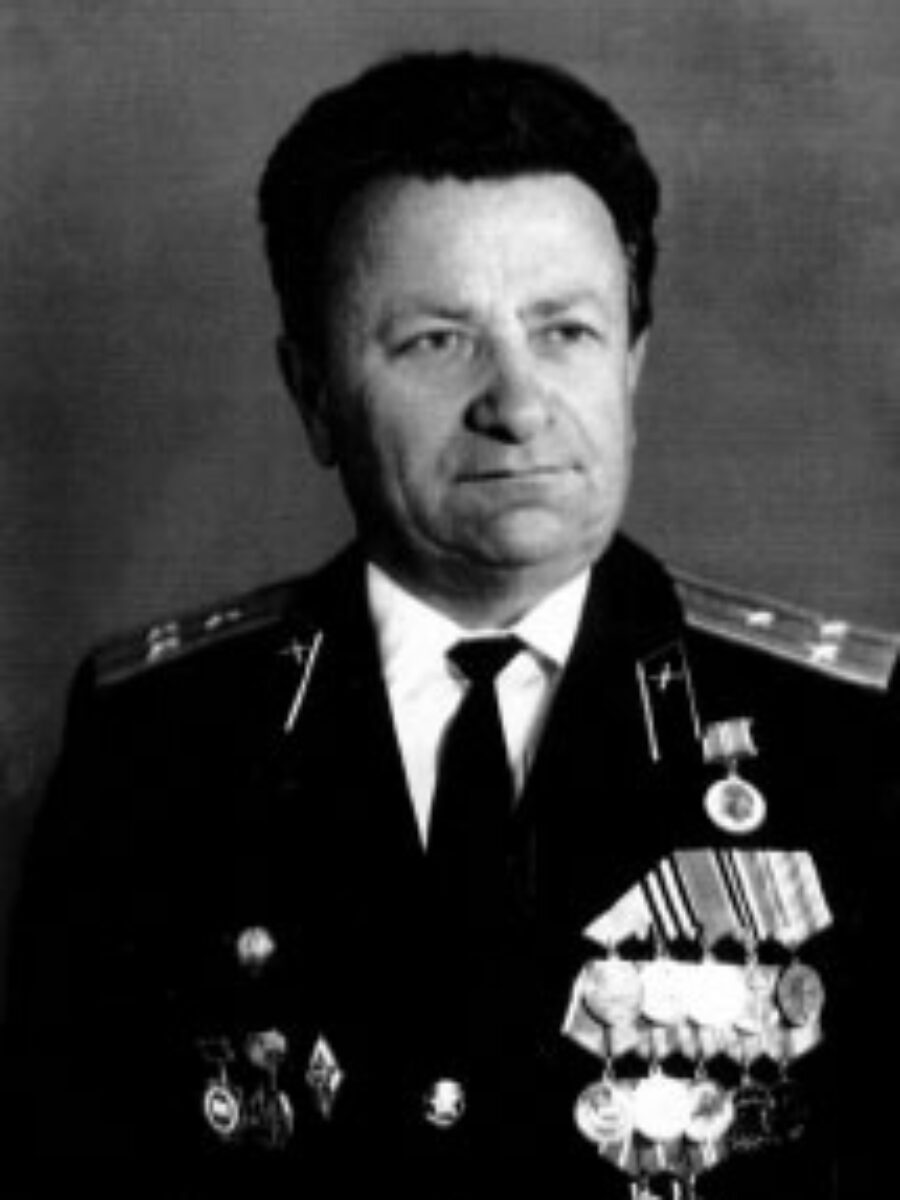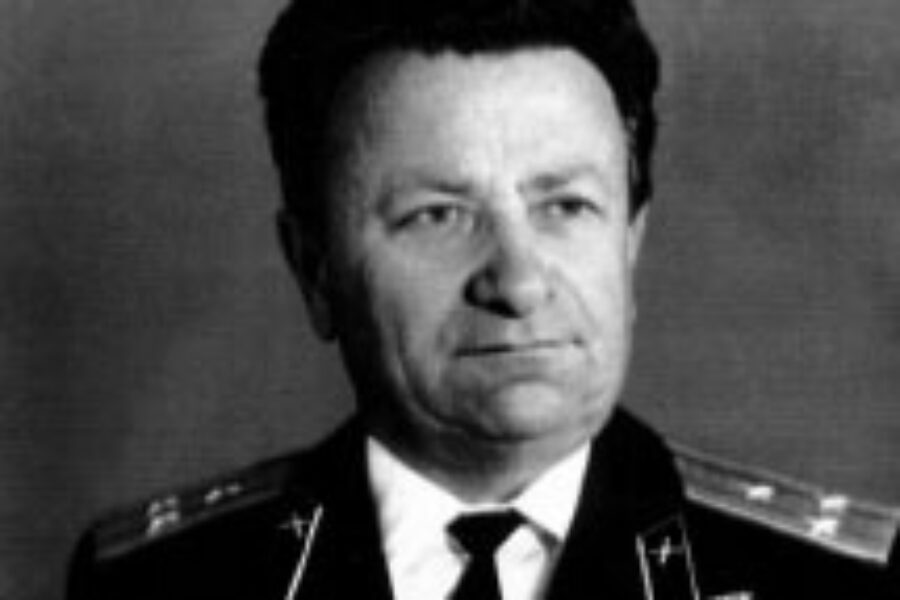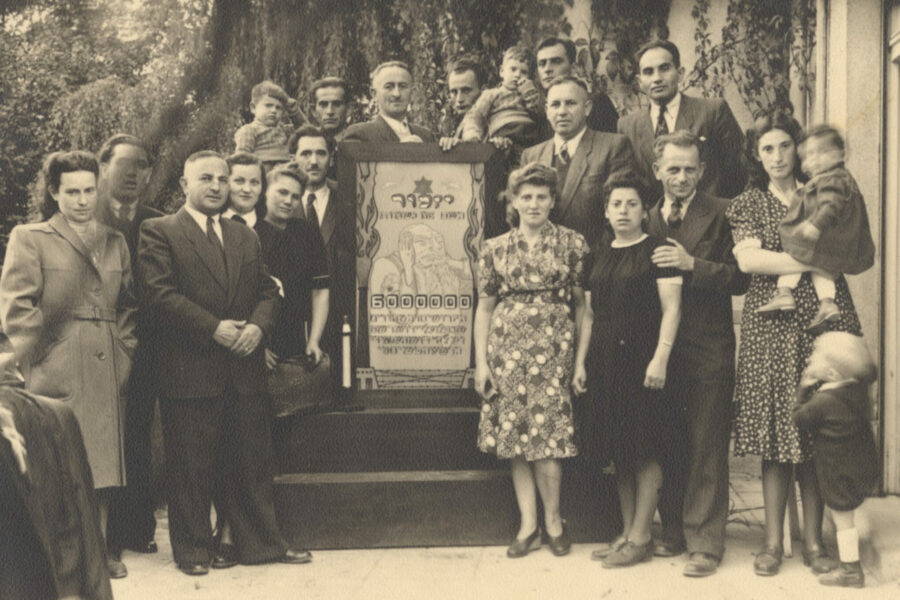Before the war our family lived in Kiev. When the war started and before the Germans occupied the city, some of my relatives left Kiev and evacuated to the East; others fought at the frontline. My parents, Hannah and Avraam Chernyahovskiy, remained in Kiev. My father was gravely ill; he had cancer and was virtually bedridden. Like many Russian Jews, he believed that the Germans—an educated people—would not persecute civilians. He remembered that during the Civil War in Russia, the followers of Petlyura and Budenny organized Jewish pogroms, but the Germans behaved in a civilized manner. “It’s the same people. They didn’t change,” he used to say to assuage his and my mom’s fears.
On September 19, 1941, the Germans entered Kiev. Our neighbor Pavlo Mihailovich, teacher of the Ukrainian language, was among those who greeted the occupying troops. He was happy—for him, it was the end of the communists and Soviet power, when Ukraine would live a happy life “without the Moskals [derogatory word for “Russians”—tr.] and without kikes.”
On September 28, Pavlo Mihailovich knocked on our door. My mom answered. With a mean grin on his face, he announced that the new administration had posted an announcement on the walls of the buildings: all the Jews of Kiev must come the next day with their documents and valuables to the corner of Melnikov and Degtyarevskaya Streets in the Lukyanovka district. Those who disobeyed the order would be shot. When my mother asked what she should do with her bedridden husband, this neighbor, a respected teacher in the city, replied, “This is your problem. But there should be no traces of you tomorrow at six. We don’t want to go to the trouble of burying you when the Germans shoot you.”
That night my parents couldn’t sleep. My mom was praying. She always celebrated Jewish holidays, and that day was the Jewish New Year, Rosh Hashanah. To keep my sick father calm, my mom tried not to show her fear.
Before the sun rose, my parents closed the doors of their home forever. A few neighbors came out to say good-bye. They remembered and later related to us my mother’s last words: “I would like to see my children one more time.”
Our neighbors saw my parents walk up the street. My father was leaning on his cane with one hand, trying to ease the pain in the recently broken leg, and with his other hand he was holding on to my mom. They reached the building where the family of my sister Zina lived before the war. Here my father sat down on the steps to rest. Auntie Motya, a janitor, was standing near the entrance doors. My mom came up to her to say good-bye, and Auntie Motya offered to hide my mom in her apartment. She said, “Hannah, you are still young. You are only fifty-five. It’s too early to die. Your Abram will not last long anyway. I’ll help him go to the meeting place, and you stay here. You don’t look Jewish, and you speak Ukrainian better than many Ukrainians. I’ll hide you in the countryside. I’ll say you are my sister. I remember how you and Zina saved my children and me during the famine. Now it’s my turn to help you.” But my mom didn’t agree to leave her husband. She decided to share his fate. Motya would later tell me how my mom took off her wedding ring and asked her to give it to Zina if she returned.
Motya helped my parents get to Lukyanovka. Without her, mom and dad wouldn’t have been able to cover the distance to their common grave. My parents thanked her for her help and said good-bye.
Motya later told me that the streets were full of Germans and polizei. She saw a youth with a bandaged leg sitting on the sidewalk because he couldn’t walk anymore. A German said something to the polizei, who then came up to the boy and shot him in the head. Motya was lucky she didn’t see how the fascists opened machinegun fire at the naked people in the ravine—women, children, and the elderly. She would have lost her mind.
My parents shared the fate of all the Jews who perished at Babiy Yar. I remember my parents very well, and often I try to imagine what they thought and how they acted in their last hour.
Seventy years have passed since those tragic events. Time can cure and heal wounds, but it cannot extinguish our memory. The lives of six million European Jews were lost in the Shoah. And fascism, like cancer, is again spreading in the world. We have to resist this evil together. We cannot allow Babiy Yar to be repeated!
Written by David Chernyahovskiy, Never Heard, Never Forget: Vol. I, 2017







